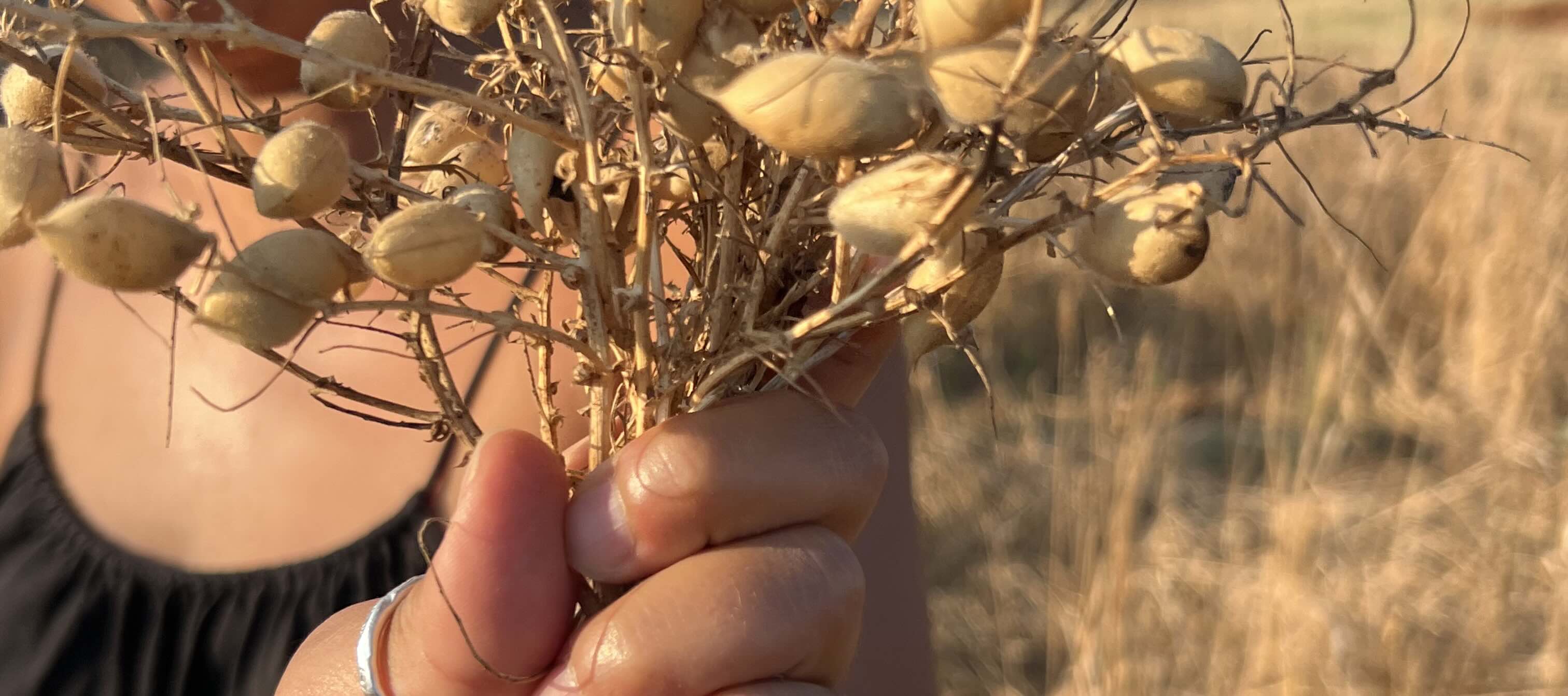
Im.Permanente Paradiso
16-10-2025
W. Paolo Bosca, Alessandra Faccini, Rosita Ronzini, Filippo Berta
| **presented during 1st International Conference Ruralities, Sustainable Developments & New Artistic Ecologies | 29 & 30 October 2025** |
Organized by Universitat de Barcelona
ABSTRACT
This paper presents Im.Permanente Paradiso, a collective experiment of co-living and artistic activation of a rural building in Diso, Apulia (Southern Italy), held in August 2025 and involving around forty participants. The project took place at Campo Para-Diso, a three-hectare agricultural plot acquired by twelve co-founders as an experiment in shared ownership and collective design. Born out of a desire to resist the speculative dynamics of mass tourism in the Salento region, the site has been re-imagined as a locus for radical hospitality.
The four initiators of Im.Permanente Paradiso (two PhD candidates and two curators) share an interest in the entanglements of contemporary art, humanities, and rural contexts. All had previously collaborated with Casa delle Agriculture, a nearby grassroots initiative devoted to territorial regeneration through agroecology. The agricultural land surrounding Campo Para-Diso is currently entrusted to Casa delle Agriculture, reinforcing the long-standing collaboration between the two groups.
Im.Permanente Paradiso was conceived as a device for developing an informal, participatory, practice-based methodology addressing questions of dwelling—these included: the tension between commoning and private property; self-organised and dialogical forms of nonviolent negotiation; the friction between the cyclical temporality of the field and the fragmented rhythms of cultural labour —and of the role of art in generating alternative rural imaginaries in contexts marked by rapid depletion of material and social resources.
The project mimicked the form of an artist residency—an established tool of neoliberal cultural production—yet deliberately shifted its focus towards embodied and experiential knowledge generated through cohabitation. Daily life within a mesh of non-human processes, from tending plants to cooking food from the garden, exposed the dissonance between the disembodied productivity of academic and cultural work and the urgent, cyclical necessities of collective living. The shared dwelling infrastructure also made issues of individualism, isolation, and alienation immediately social, transforming them into unavoidable agents in the life of the collective.
In this setting, theoretical inquiries became inseparable from embodied experience, interwoven with constant incursions of agricultural work and learning. Even terms deeply bound to capitalist economies, such as flexibility and (im)productivity, were re-signified: flexibility emerged as adaptation to the temporalities of land and group, while (im)productivity became essential for learning processes and social reproduction.
We will discuss the outcomes and challenges of this trial-and-error experiment, with a particular focus on its legacy for the site, the ecosystem, and the participants. Finally, we will address the potential replicability of this approach in other geographies, proposing a tentative ‘dwelling methodology,’ inspired by Tim Ingold’s theorization and intrinsically dependent on the device that enables it.